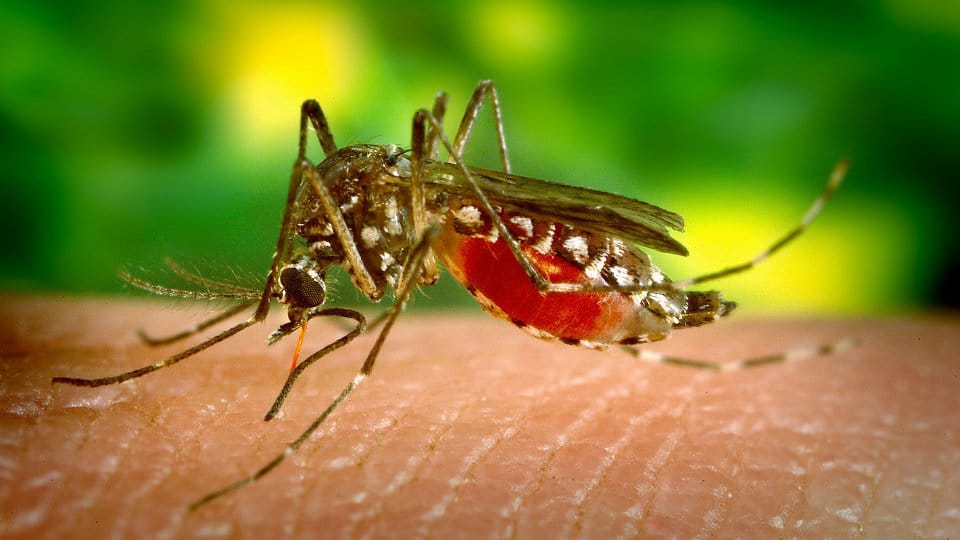As of May 15, 2024, Mysuru records 252 cases with no casualties
Mysore/Mysuru: As the monsoon season sets in, individuals are delighting in the respite from the scorching summer temperatures. This year, Mysuru experienced some of its highest temperatures on record, reaching around 40 degrees Celsius on several occasions.
Since the onset of rainfall, there has been a noticeable shift as people emerge from their homes, venturing out with friends and family to explore various attractions, including popular tourist destinations.
Dengue outbreaks are often associated with the monsoon season for several reasons. Firstly, the warm and damp conditions provide an ideal environment for the breeding of Aedes aegypti mosquitoes, which are responsible for transmitting the virus. They are active during the day, particularly after sunrise and around sunset.
These mosquitoes thrive in stagnant water found in open containers, discarded tyres and other objects or areas commonly present during the monsoon season. Consequently, the mosquito population increases significantly due to the proliferation of these breeding sites.
In India, May 16 marks National Dengue Day, a time to raise awareness about the prevention of dengue fever. This year’s theme, ‘Dengue Prevention: Our Responsibility for a Safer Tomorrow,’ underscores the importance of collective community efforts and individual responsibility in combating the spread of dengue.
According to statistics from the Department of Health and Family Welfare, Government of Karnataka, the State has recorded a total of 2,396 dengue cases as of May 15, 2024, with no reported casualties. Among these cases, Mysuru recorded 252, Mandya 125, Chamarajanagar 40, and Kodagu 49.
In addition to prioritising their own health, parents must ensure their children are protected from mosquitoes, especially during the evenings when they are more likely to be outdoors playing as the sun sets.
Dr. P.C. Kumaraswamy, District Health and Family Welfare Officer, speaking to Star of Mysore, stated that a total of 1,800 tests for suspected dengue cases have been conducted to date in Mysuru district, with 252 cases testing positive. “The Department has implemented measures to curb the spread of dengue and reduce mosquito populations. ASHA workers have been tasked with inspecting every household for mosquito larvae in stored water. If larvae are found, instructions are given to eliminate the water. Additionally, Gambusia and Guppy fish are being released into water sources to control mosquito breeding,” Dr. Kumaraswamy explained.
He also mentioned that a meeting with Medical Officers has been held to outline measures aimed at preventing dengue cases in the district.
“We are conducting tests for dengue on individuals presenting with symptoms such as joint pain, body pain, headache, and fever with or without rashes. Fortunately, those diagnosed with dengue have been discharged from the hospital after recovery within 3-4 days,” Dr. Kumaraswamy reassured.
Common symptoms
- Common symptoms of dengue include fever, rash, nausea and body aches, typically lasting up to a week. However, some individuals may experience complications, such as internal bleeding, shock and in severe cases, death. Monitoring in a hospital setting is crucial for those with severe dengue.
Prevention and control measures
- Wear clothes that covers as much of the body as possible.
- Use mosquito nets while sleeping during the day, preferably nets treated with insect repellent, and installing window screens.
- Apply mosquito repellents containing DEET, Picaridin.
Stop mosquito breeding
- Eliminate sources of standing water where mosquitoes lay eggs.
- Dispose solid waste and remove any artificial containers that can collect water.
- Cover, empty and clean domestic water storage containers at least once a week.
- Apply insecticides to outdoor water storage containers as needed.








Recent Comments